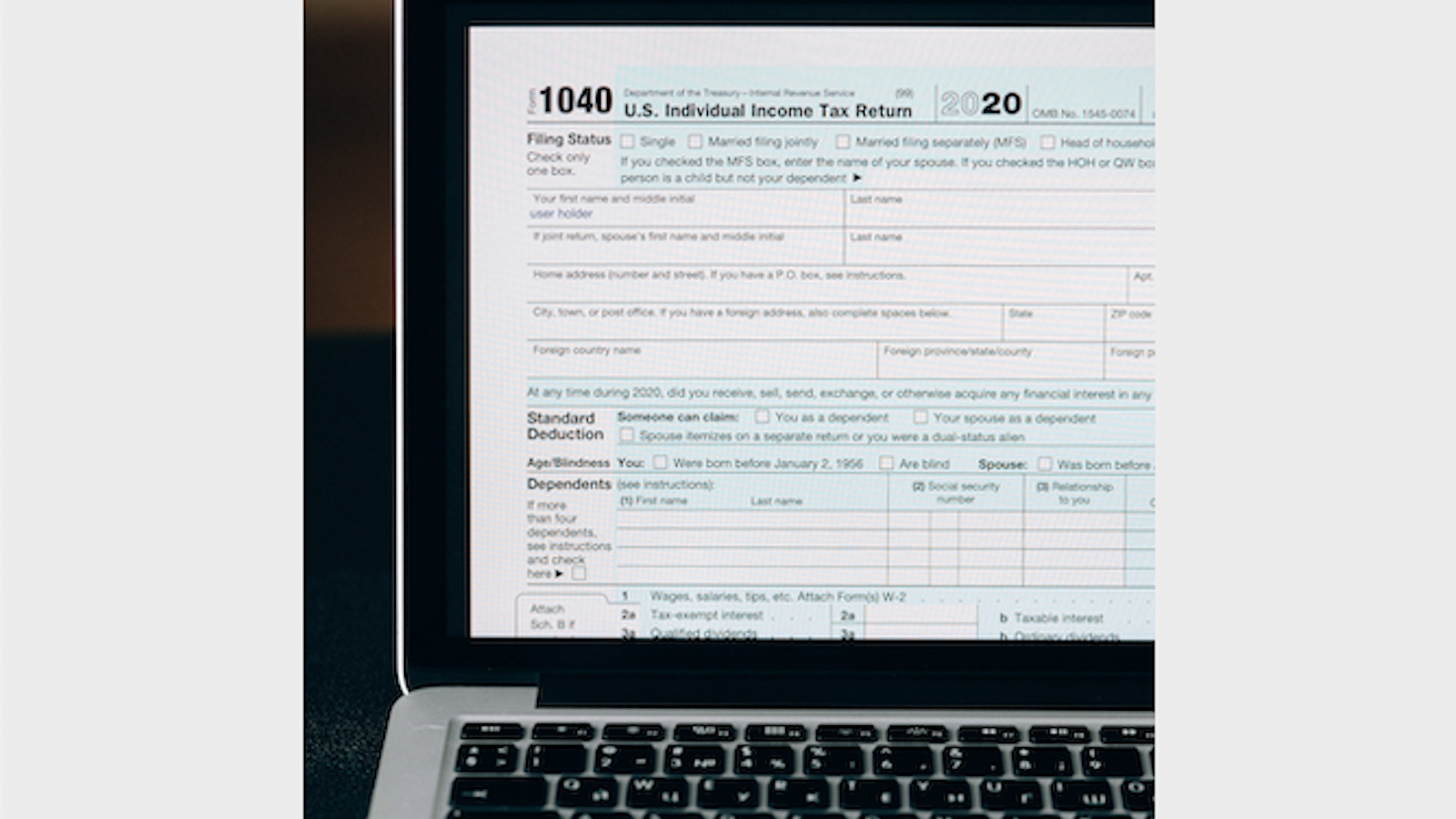
Did your tax prep company share your data with Facebook and Google? Here’s what to know.
An investigation by several members of Congress found our most sensitive personal and financial information was shared at least by H&R Block, TaxAct and TaxSlayer.

In the latest utterly shocking potential breach of public trust, some of the largest tax software companies are accused of sharing sensitive tax information with Facebook parent Meta and with Google and other big technology companies.
A report released Wednesday by several members of Congress named major tax preparation companies including H&R Block, TaxAct and TaxSlayer. The investigation, opened after a news piece in November, was conducted by the offices of Senators Elizabeth Warren, Ron Wyden, Richard Blumenthal, Tammy Duckworth, Bernie Sanders, and Sheldon Whitehouse, as well as Rep. Katie Porter.
The taxpayer data shared included the amount of federal taxes owed, filing status and names of dependents. Meta used the information from the tax prep services to generate targeted ads and train its artificial intelligence algorithm, according to Politico, adding that the companies supposedly no longer use the tracking software.
“The sharing of taxpayer data with Meta has put taxpayer privacy at risk and appears to represent a violation of taxpayer privacy laws,” the 54-page report said.
H&R Block, TaxSlayer and TaxAct are accused of allowing embedded code on their websites that shared customers’ data without their knowledge, going back years.
The lawmakers want the Department of Justice to investigate. Their investigation followed a report in November by The Markup, a technology news outlet.
As if all of the data breaches over the years caused by carelessness wasn’t enough, now we have alleged intentional sharing of our most sensitive data.
Once again, consumers must be concerned with the consequences of their personal information being exposed — including identity theft, fraud and being abused by marketers and data brokers.
Consumers who’ve used tax prep software from any of these companies, and possibly others, should be vigilant.
The most important steps consumers can take are to:
- Make sure your contact information is correct with any banks or other financial companies.
- Enable two-factor authentication for all online accounts.
- Freeze your credit files. Our helpful consumer guide, freezeyourcredit.org, walks you through the quick process.
To get other advice on what you should do now, soon and always,
see our consumer guide.
Topics
Authors
Teresa Murray
Consumer Watchdog, U.S. PIRG Education Fund
Teresa directs the Consumer Watchdog office, which looks out for consumers’ health, safety and financial security. Previously, she worked as a journalist covering consumer issues and personal finance for two decades for Ohio’s largest daily newspaper. She received dozens of state and national journalism awards, including Best Columnist in Ohio, a National Headliner Award for coverage of the 2008-09 financial crisis, and a journalism public service award for exposing improper billing practices by Verizon that affected 15 million customers nationwide. Teresa and her husband live in Greater Cleveland and have two sons. She enjoys biking, house projects and music, and serves on her church missions team and stewardship board.
Find Out More

Car companies are sneakily selling your driving data

Protecting the public from unsafe recalled cars

Apple AirPods are designed to die: Here’s what you should know
